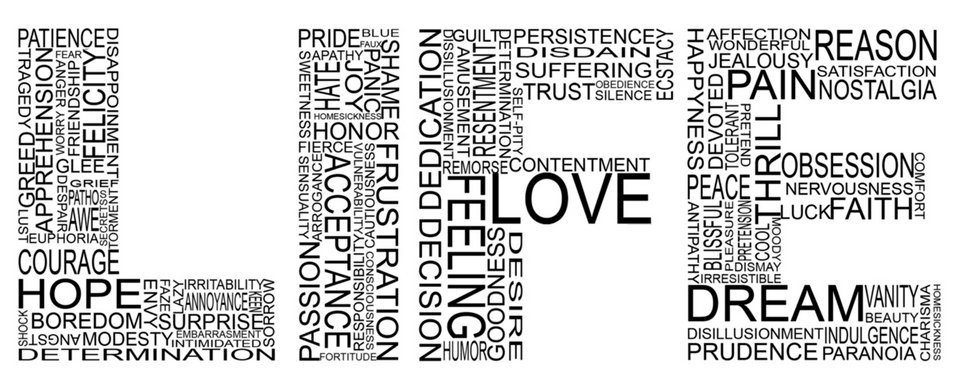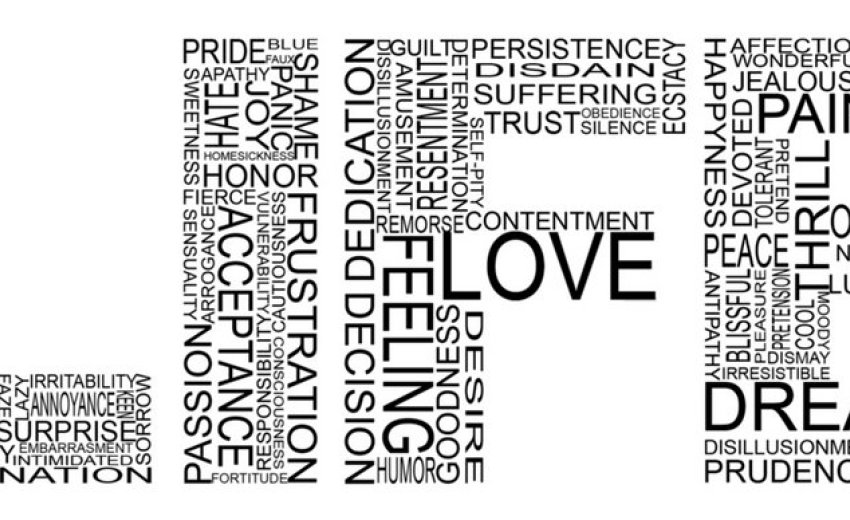|

What do we gain from having an optimistic attitude? How does this relate to sikhi? I was reading about emotions and emotionregulation in my psychology-book and asked myself these questions. I was overwhelmed about the response. Optimistic attitude may be a first step for attaining a state of chardikala.
September 24, 2014 - When I was reading the psychological literature on optimism, I was thinking about how this concept relates to sikhi. So this made me talk about the chardikala concept with dad this morning. He said that chardikala will probably be a notch above optimism. Chardikala is the state which is seen in for example Guru Gobind Singh Ji, when his four sons got martyred in front of him, and he said something like this ”What if four sons are gone, I have dozens left” (All Sikhs are Guru Gobind Singh Jis daugthers and sons). This is the height of chardikala. Another example is Banda Singh Bahadur, who was given a sword from the mughals asking to kill his little son. As he didn’t do anything, they killed his little child in front of him by cutting the body in two. The pieces of flesh were cut from the body and thrown in Banda’s face. His liver was removed and thrust into Banda Singh’s mouth. The father sat through all this without any signs of emotion (http://www.sikh-history.com/sikhhist/warriors/banda.html). And what about all the women who refused to give up their sikhi, so the mughal forces had to cut their children into pieces and hang the pieces around their neck, without the women crying? This is the height of chardikala and reflects what it means to obey Hukam. A state that’s a notch above optimism.
Whenever I think about the sacrifices our Gurus and brave sikhs have done, I feel overwhelmed and inspired. We cannot even think about how much courage to fight for justice, love for God and God’s Will and chardikala – a high state of being, they had. Let us review the psychological litterature on optimism, and see if this can give us more insight into how chardikala is a notch above optimism.
Attention
How does attention relate to how we find a situation in front of us? According to a psychological model, the modal model (Gross, J. J.), potentially upsetting or delightful situations are only actually upsetting or delightful if attention is directed to relevant aspects of the situation. In this sense, attention is the gateway for emotion, but it’s important to note that it’s a bidirectional relationship, where emotion in turn shapes attention. For example if we have a potential threat in front of us, attention will facilitate the processing of information related to the threat, and this potentiates a negative emotional response.  This negative emotional response, in turn, increases attentional focus toward the potential threat, leading to further enhancements in information processing, and hence to increased negative emotional responding. This negative emotional response, in turn, increases attentional focus toward the potential threat, leading to further enhancements in information processing, and hence to increased negative emotional responding.
This made me ask this question to myself – so maybe by focusing on the positive aspects of a situation, moving our attention to the positive aspects, we will see all the situations in either a delightful or neutral way? Let us take an example. If I break my leg during an accident, and people around me stop to help me, will the situation become more neutral or even positive if I focus my attention on the kind and helpful people around me rather than thinking about the pain in my leg? If we relate this to the model mentioned above, this attentionfocus of mine, will give a more neutral and emotional response, and this will again increase the attentional focus toward the kind and helping people, which will increase my thankful responding. So according to the modal model, if we focus on the positive aspects of a situation, this indeed will be profitable for us, in that it will give rise to more neutral or positive emotions.
Appraisal
Does it make any difference how we appraise every situation? Fridja (1988) came with the Law of Apparent Reality: “Emotions are elicited by events appraised as real, and their intensity corresponds to the degree to which this is the case”. Even situations that are artificial (like a film or a play), can arouse emotions as long as the individual sees them as meaningful. Individual differences in interpretations of situations powerfully shape emotional responses. The optimists see good news in neutral or ambiguous situations.
So does it have any impact to have positive and optimistic interpretations of any situation that arise? Research frequently shows that it does! For example it’s found that optimists and their partners show more relationship-satisfaction, and when they were discussing a conflict, they looked at each other as engaging more constructively during the conflict, which again turned to that both partners felt that the conflict was better solved one week later.
One emotion regulation technique that is found useful if done in an optimistic way, is to reappraisal whatever situation one confronts. Individual who reinterpret situations with an optimistic attitude, reinterpret what they find stressful in the situation, and make more active efforts to repair bad moods. These people both experience and express behaviorally more positive emotions and less negative emotion than those who reappraise less frequently. The optimistic people also show fewer depressive symptoms and greater self-esteem, life satisfaction and every other type of well-being the researchers measured.
Who doesn’t want to have greater degrees of positive emotions and less of the negative ones? Who doesn’t want to have good self-esteem and greater life satisfaction? Silly questions. I would guess most people want that. Research clearly shows that reinterpreting situations in an optimistic way probably is a key! It gives us a concrete thing to do. We have to think more positively in every situation, we have to focus our attention on the positive aspects of every situation and we should know how to reinterpret any given situation in a more optimistic way. Of course we will face negative situations, but there must be some positive in all of it? If focusing on the positive in the situation, can divert our attention from the pain in the leg to the helpful and kind people, and thus reduce our pain, is it not worth it?
All these findings tell us about the positive impact about having a positive, optimistic focus in life. Now let us think about – the concept of chardikala, which probably is a notch above optimism. What immense positive impact could this state have upon us? We all probably have a long way to go to the height of chardikala, but maybe the first step is to be more aware of our attitudes and thinking about life? Maybe the next step after being aware, is changing our thoughts and attitudes to become more optimistic, and get inspired of these individuals we have in history who show us what chardikala is? I have no final answer to these questions, this are only thoughts. Always remember: Life is as much happiness, dedication, enthusiasm, love and warmth as anxiety, depression and unhappiness!
NB: A lot of the psychological literature in this post is taken from the article “Emotion and Emotion Regulation – Personality processes and Individual differences” by James J. Gross.
|


